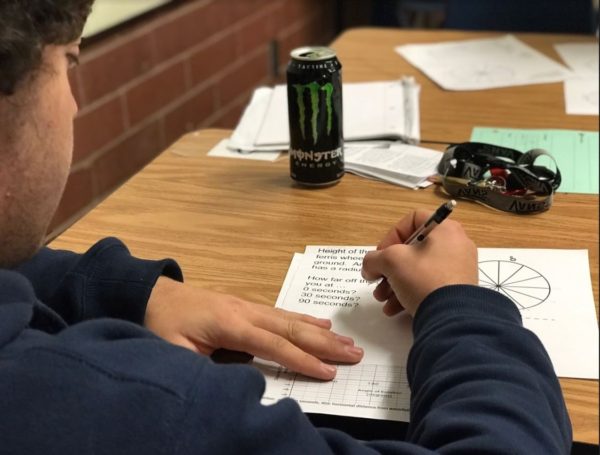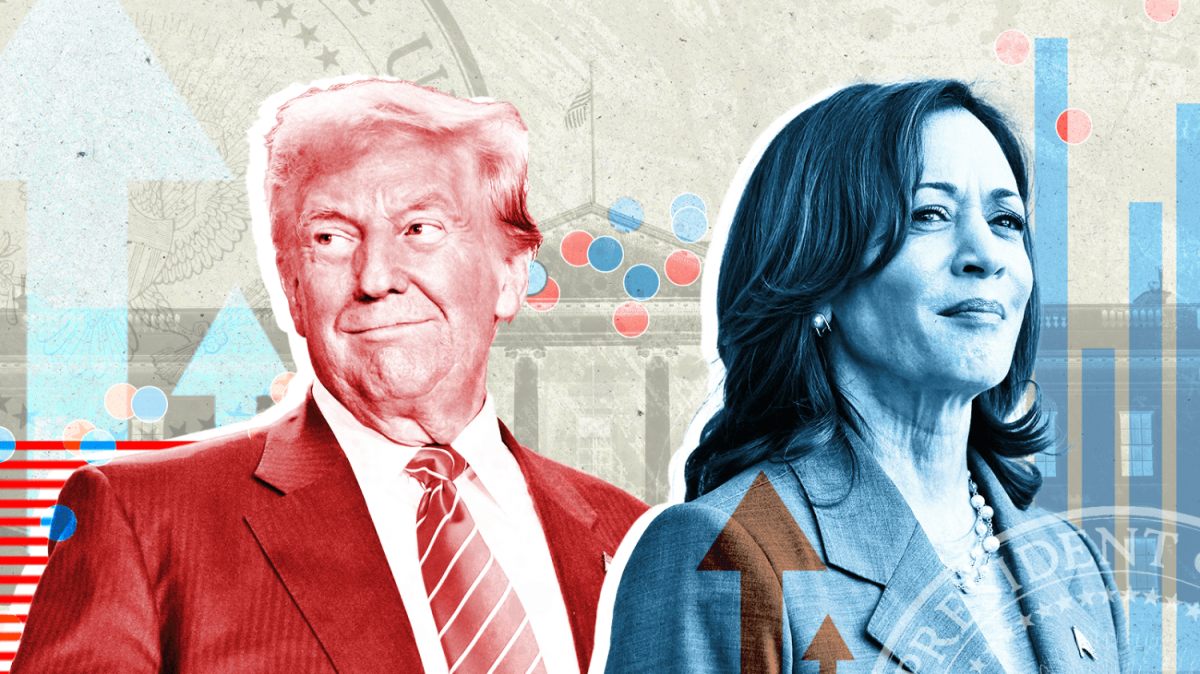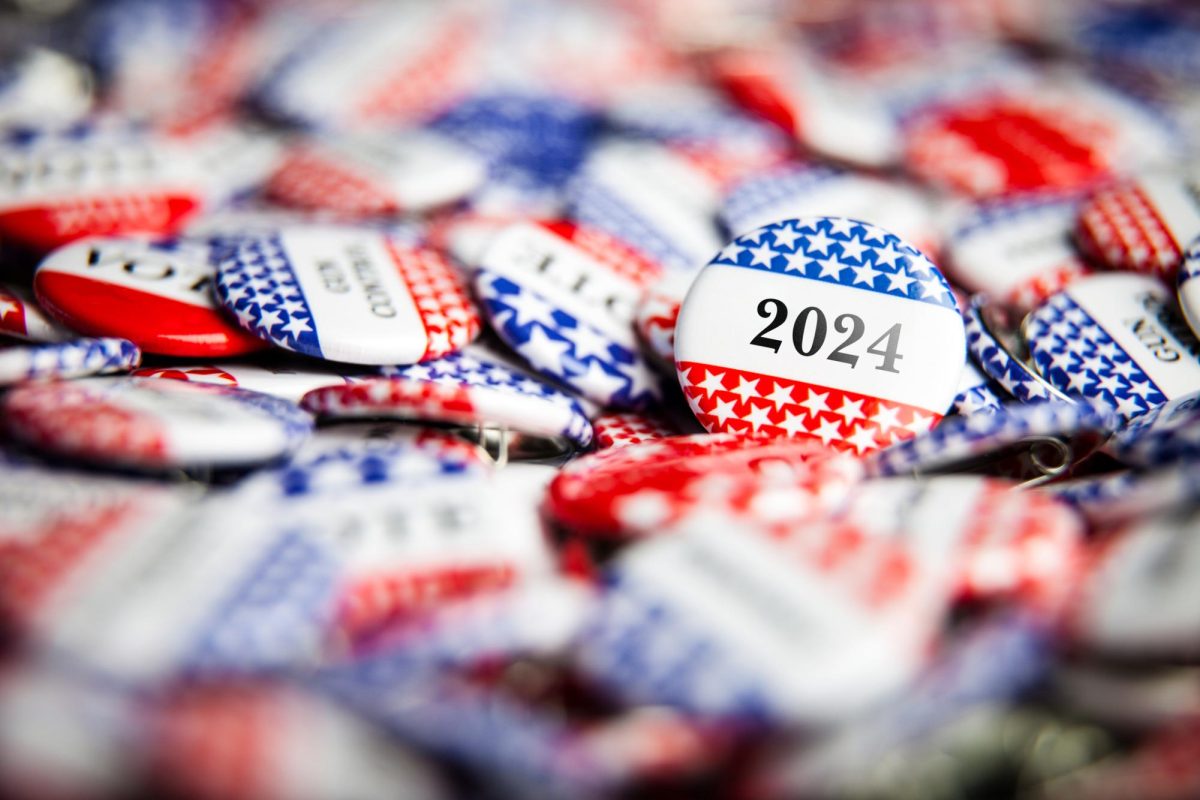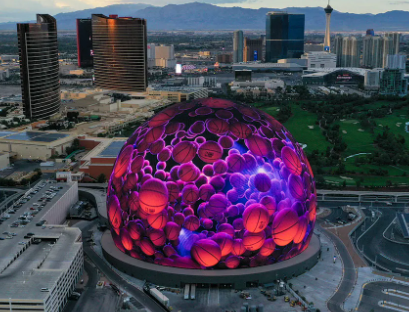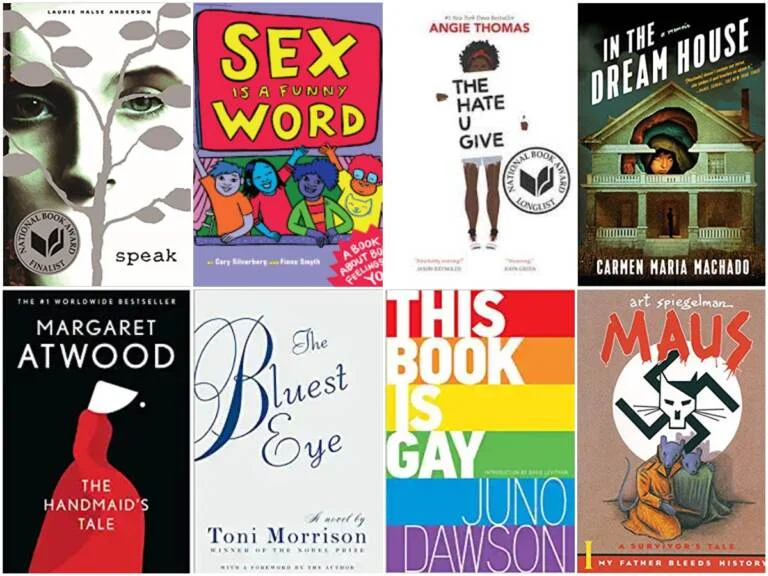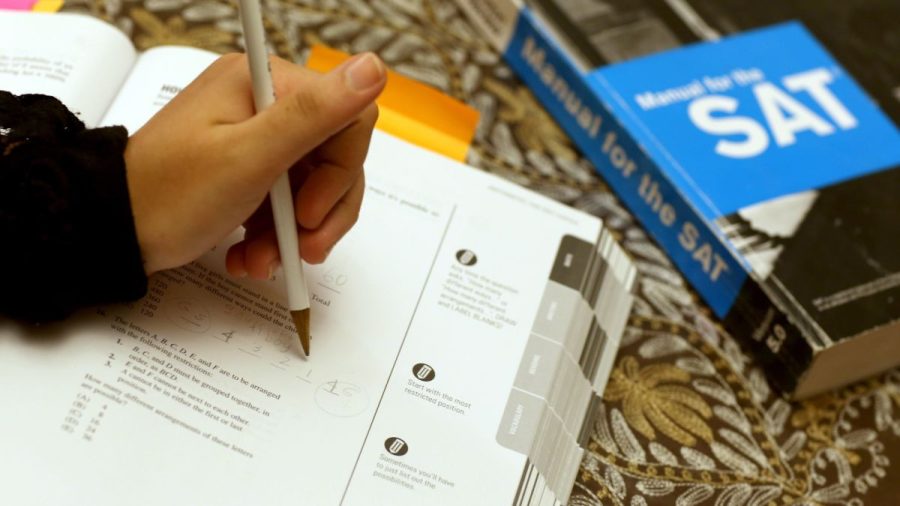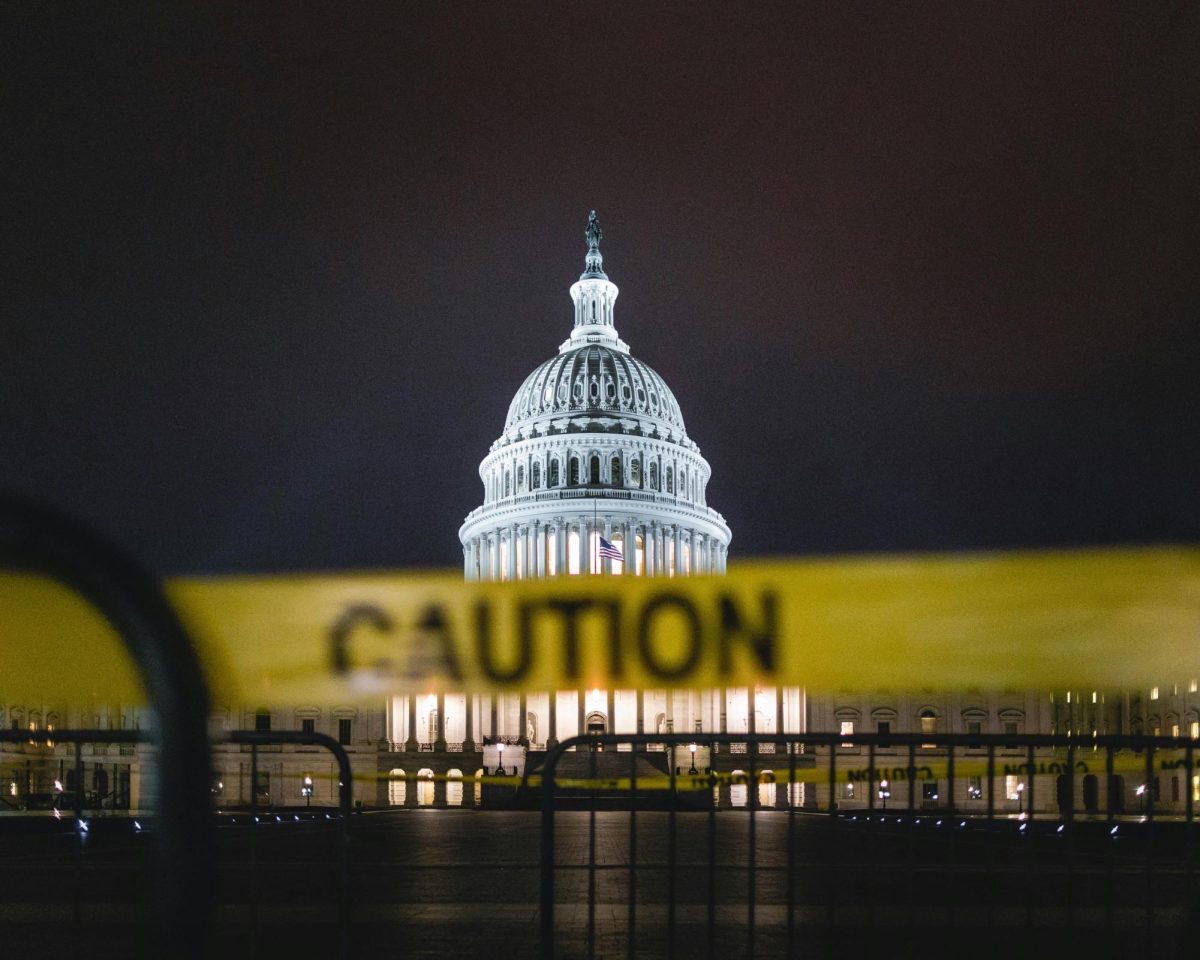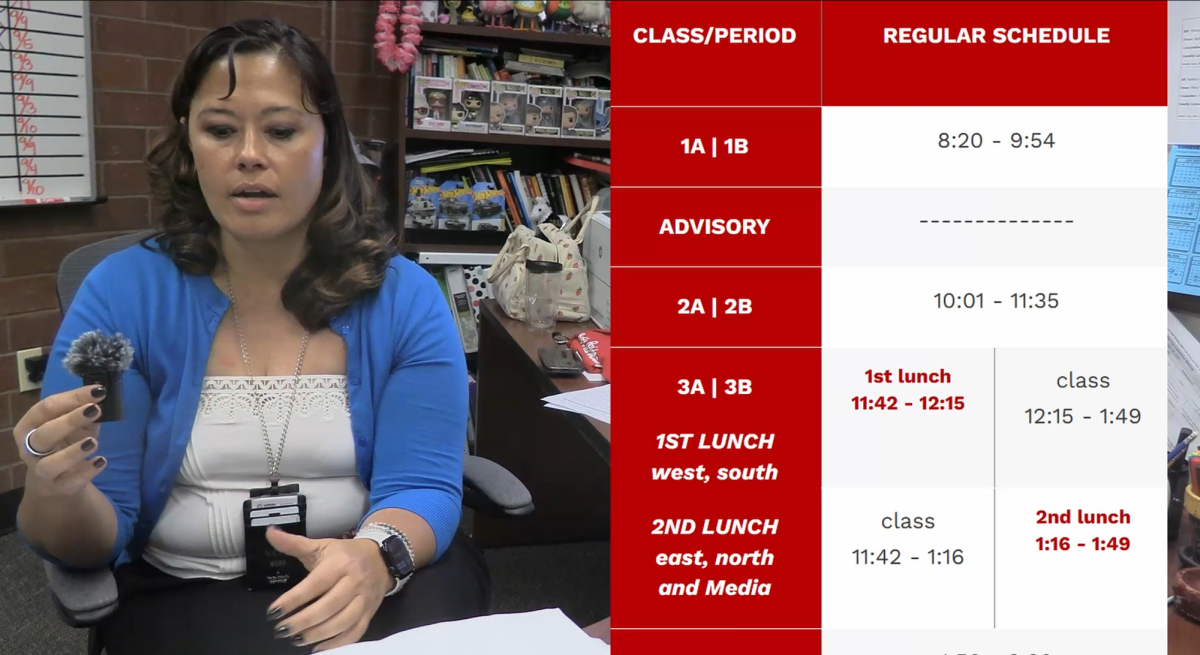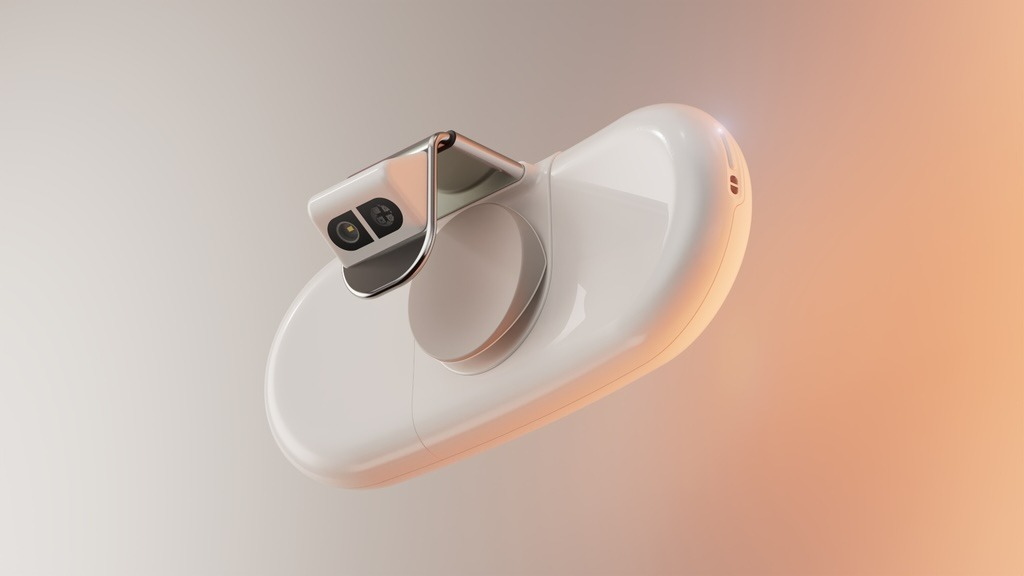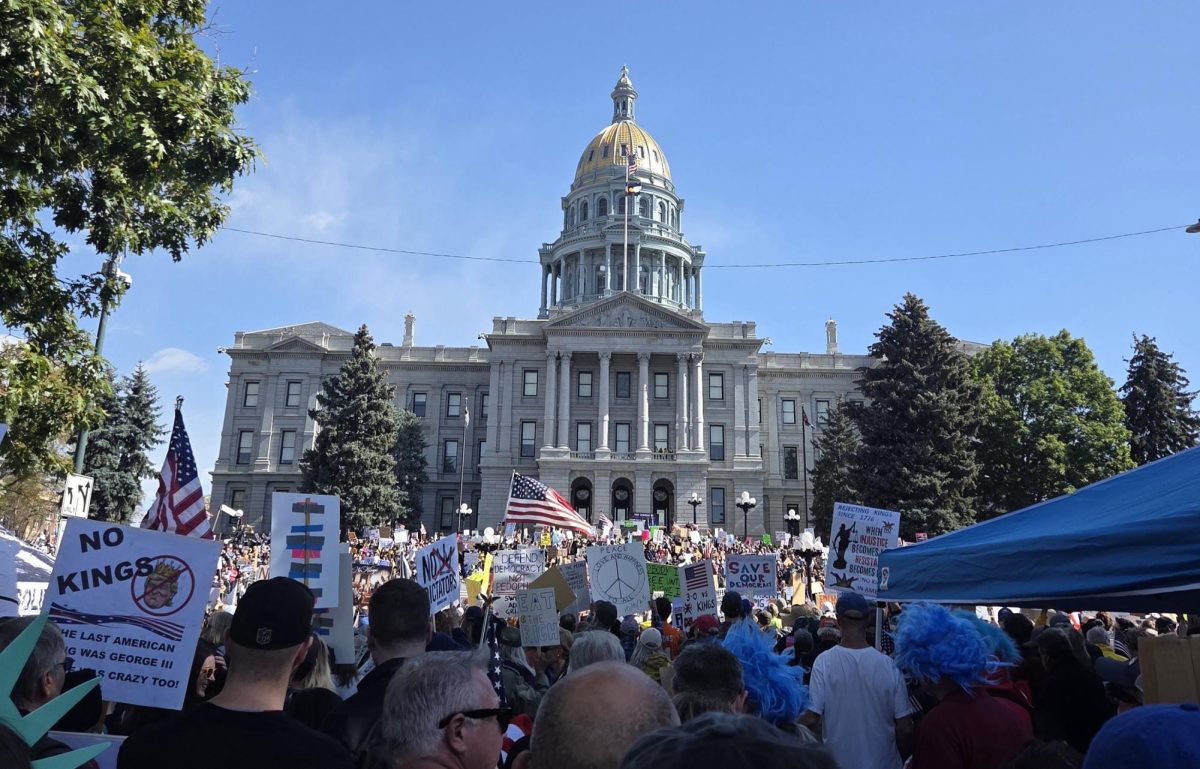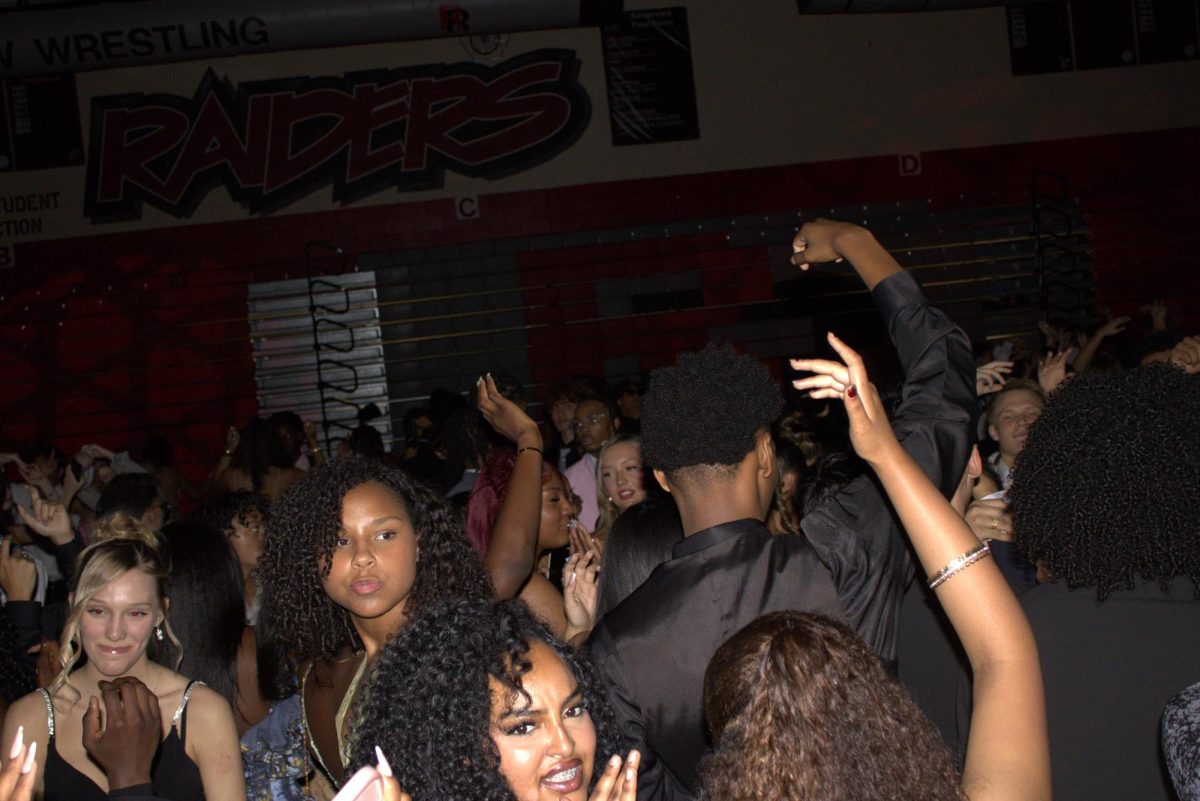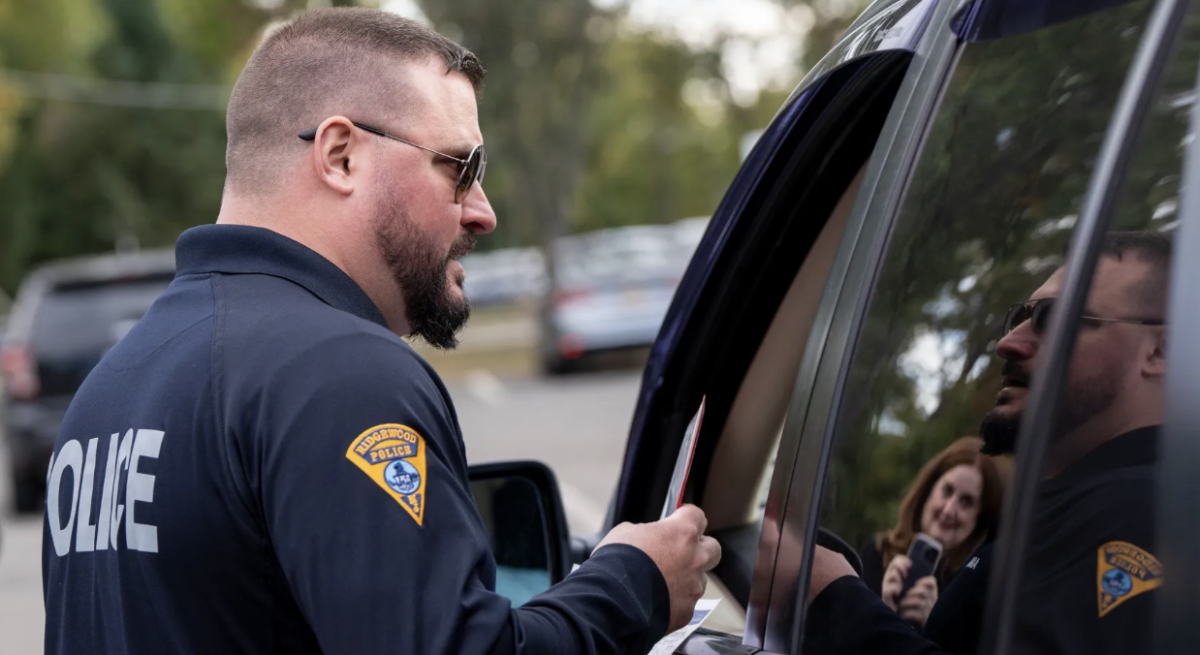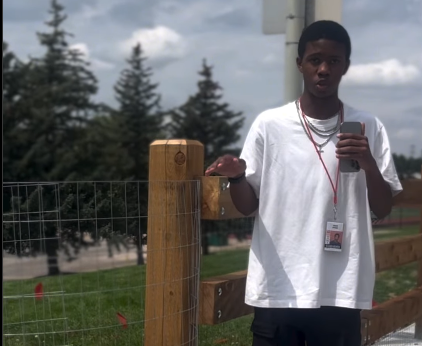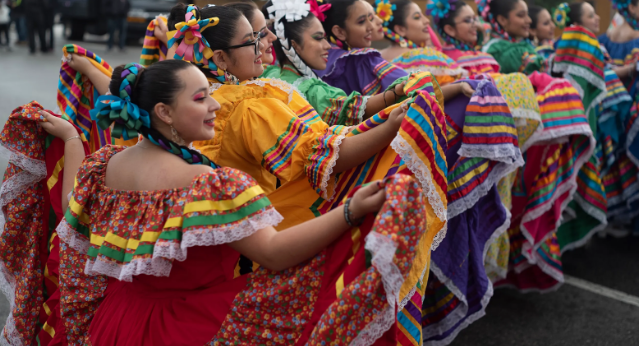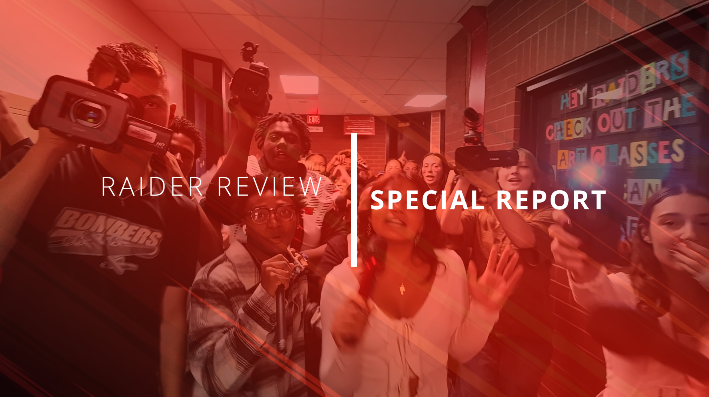Feature Photo By: Oscar Perez Luna – Rangeview junior Cole Martens drinking his Monster energy drink in class.
Energy drinks. They fuel millions of Americans every single day but should it really be considered “fuel?”
According to the National Center for Complementary and Integrative Health (NCCIH), between the years 2007-2011, the number of energy drink-related visits to the emergency departments doubled. Almost one-third of teens drink energy drinks every day, but not many questions how these drinks really affect people.
The beverage industry is at an all-time high. There are millions of drinks being bought and drank every day. Coca-Cola for example, had over $35,000,000 in sales in 2017 making it the second in the world for most money made from their drinking products. According to the Committee for Economic Development, the food and beverage industry alone makes up about $164 billion in the U.S. economy. Billions of humans go every day with drinking some type of purchased beverage but most importantly what for?
Water is the number one drink every human needs to survive. It helps rehydrate you and keeps you going on your longest days. Coca Cola, promoted to be enjoyed by people for whatever the occasion may be. A drink that one can use to “keep themselves going” and “enjoy” at the same time is energy drinks. A typical energy drink is used to “wake yourself up,” says Rangeview Junior Cole Martens.
Energy drinks are said to definitely if not the most used beverages to try and wake yourself up. With Monster being one of the most purchased energy drinks on the market, their regular can comes with 160 mg of total caffeine. Any daily dose of caffeine is never good for a human though. Energy drinks have been said are used for “boosting” energy levels, “improving” mental performance, and “aiding” weight loss.

Teens in society are probably the most targeted salespeople for energy drinks. Young adults stay up a lot later than suggested and of course, in the morning, wake up early for school. The solution many choose for this dilemma is energy drinks.
Many people use energy drinks in different ways too. “Research shows that teens/college-age adults who mix alcohol with energy drinks do so to “not feel as drunk,” but it may cause them to drink past levels of safety,” says the Seattle Children’s Hospital Research Foundation.
One may think they are using the drink to decrease the effects of something but don’t know that there is more of a negative outcome to come with that. “Back in 2010, nine college students were hospitalized in Washington State with alcohol poisoning and one almost died.”
“I love energy drinks. I know they’re not the best for health purposes but I’d rather be awake in class and trying to learn than half asleep not knowing what is going on,” says Rangeview junior Isaac Jaramillo. “s much as I try to fix my sleep schedule, it’s just the way I have to live.”
It might not be the healthiest, but for many, it’s getting the job done.
The Society for Cardiovascular Angiography and Interventions (SCAI) says that risks of energy drinks conclude:
- Heart palpitations
- Increased heart rate
- Increased blood pressure
Rangeview student parent Elia Luna mentioned, “I don’t allow my kids to drink any kinds of caffeine …I always try to educate them in ways these types of drinks can negatively affect their lives and because of that, all three of them (her children) are pretty much living a healthy lifestyle.”
A beverage only some use, but a drink that can cause the lives of many to go wrong if the ongoing production of such high amounts of caffeine drinks are continued to be made.
